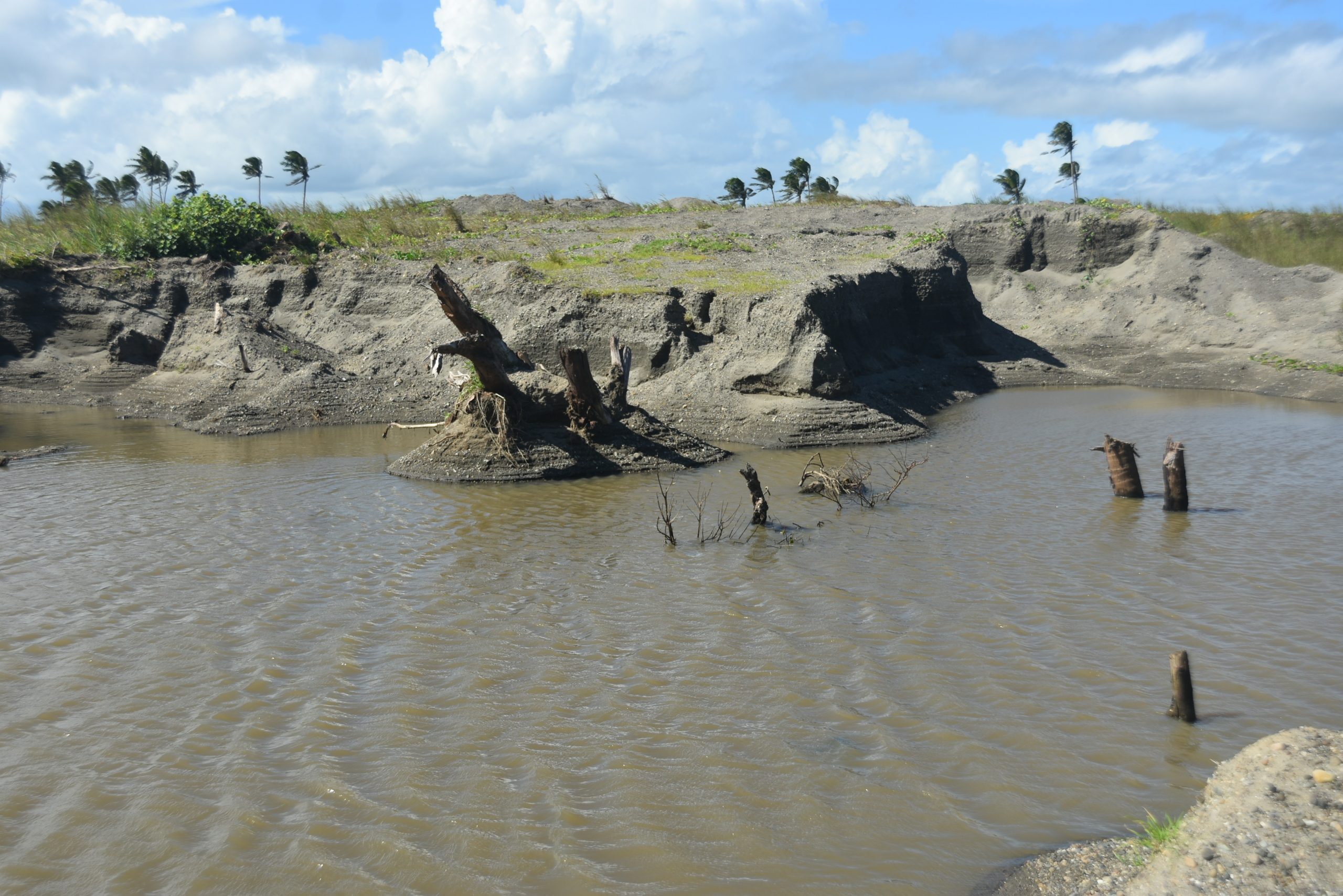By
As the sun rises over the Sigatoka River, Alipate Nainoca, a former lawman and headman of Laselase Village, offers a prayer for wisdom and protection for the river and its people.
The environmental changes brought on by dredging and the looming threat of mining have caused distress in the community, prompting Nainoca to seek solace and guidance in his faith.
Nainoca emphasises the responsibility of stewardship over the land, citing the Bible’s teachings on caring for the environment. He contrasts this with what he perceives as the growing greed displayed by some individuals in the face of globalisation.
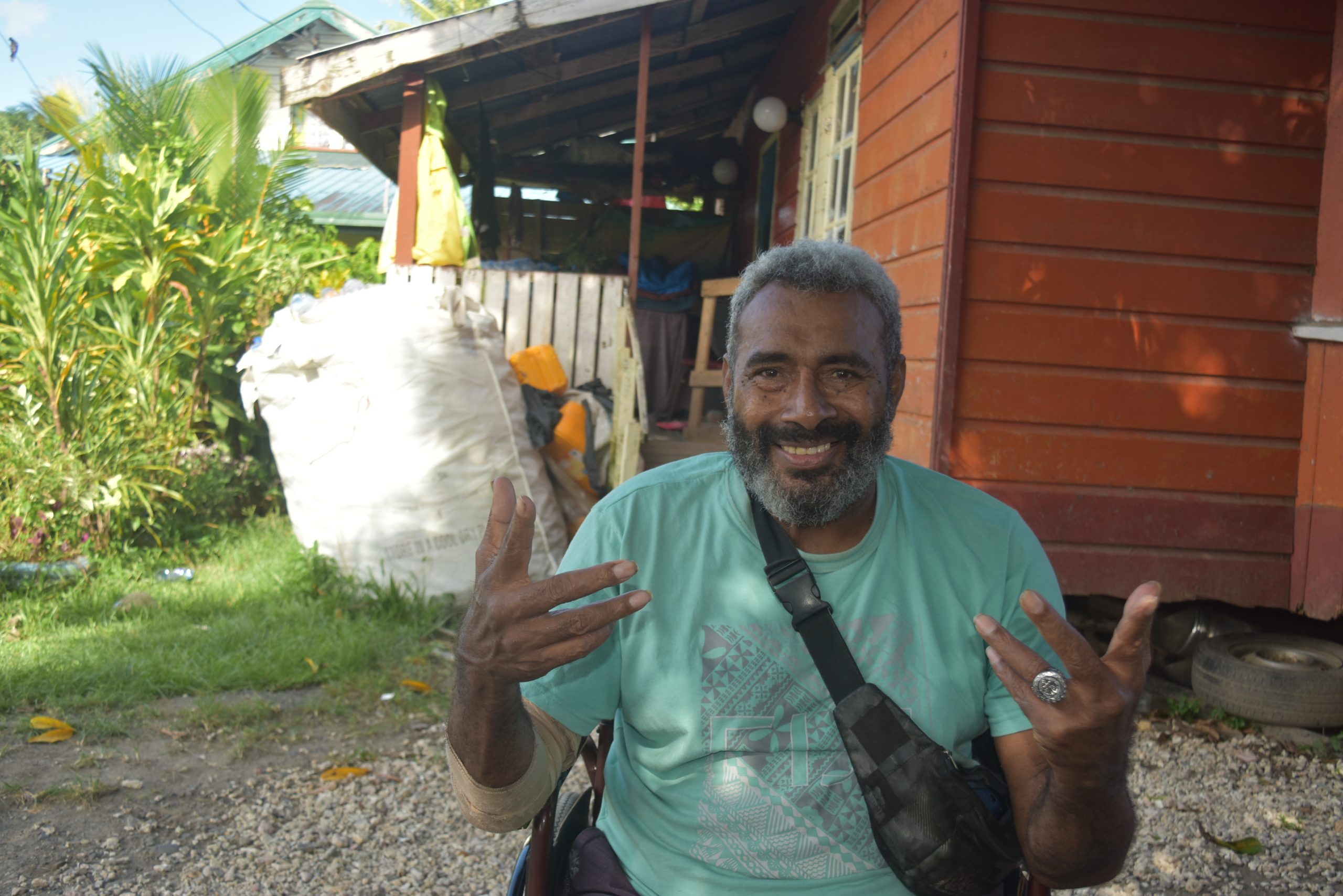
The Sigatoka River mouth holds historical and spiritual significance for the people of Nadroga. It’s where Christianity first arrived in the region, and a cross stand as a reminder of the acceptance of faith by the Tui Madudu of Nayawa. The river mouth also serves as a final resting place for the Kulukulu community, a gift from the Tui Nadruku clan.
Nainoca, who is also a historian of Nadroga, said during the COVID pandemics of 2020 and 2022, people were turning to the word of God and planting for their food security.
He said people were taking divine advice in Genesis 3:19 in the Bible – “By the sweat of your brow you will eat your food, until you return to the ground since from it you were taken for dust you are and to dust you will return.”
Just as people learnt that lesson, it seemed they were changing just as fast in the face of globalisation and displaying greed in their decisions in the years that followed the national lockdowns.
Nainoca, drawing on oral histories, explained that the Tui Nadruku clan descended from Filipe Navakakala Tokololo, a commander under the paramount chief of Nadroga, the Na Ka Levu. Tokololo collaborated with Kulukulu settler Ezra (Moses) Walker Work, an American of Viking descent who arrived in the 1800s.
Local Methodist Church records narrate the Na Kalevu’s efforts to bring Christianity to the region. He sent an envoy to Viwa, a missionary hub, but found only one ailing missionary, Penijamini, remaining. Penijamini, a native of Sila, agreed to accompany the envoy. Sadly, he died en route and was buried in Navola, but his clothes, believed to possess spiritual power (mana), were carried on to fulfill his mission.
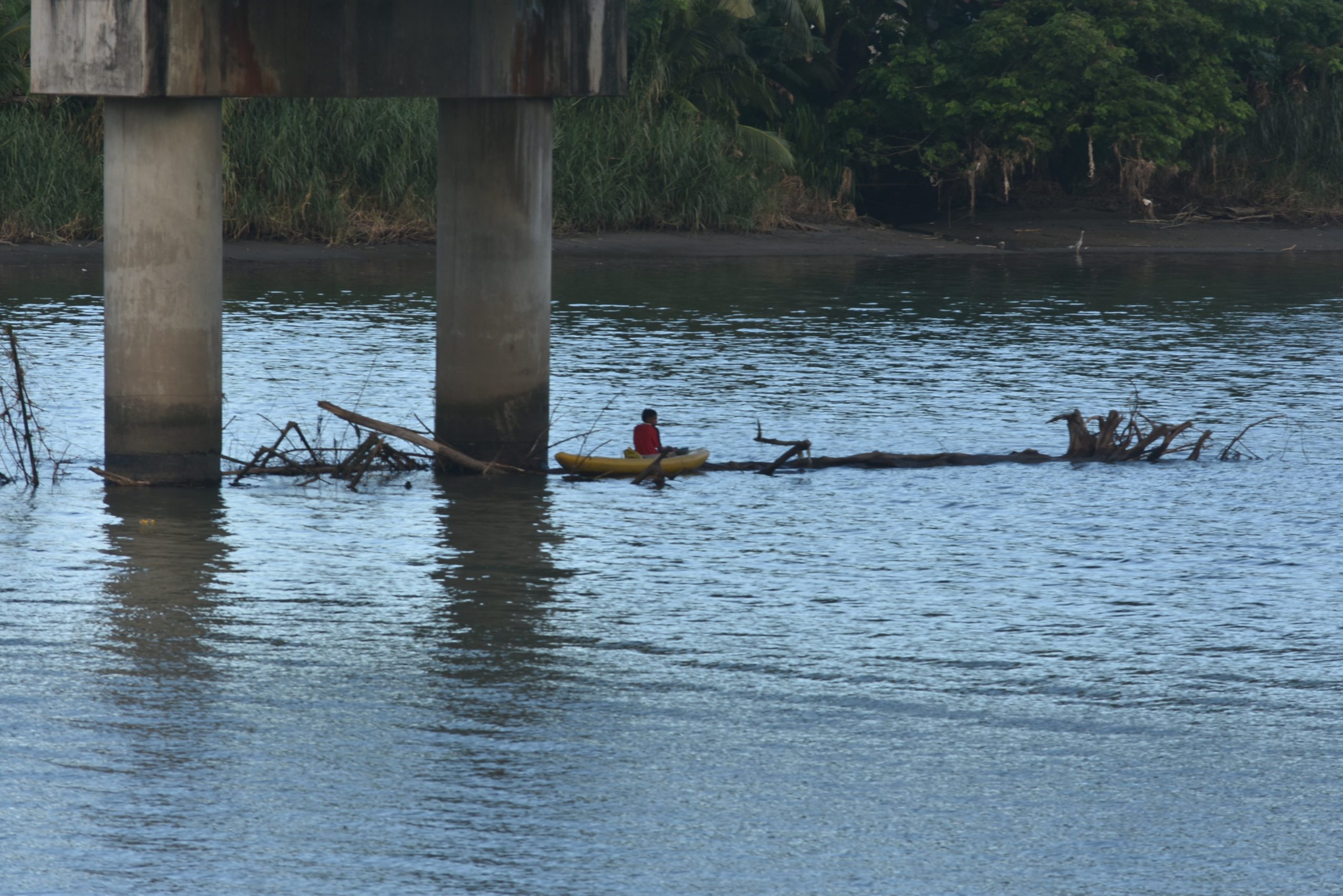
According to local lore, the mana-infused clothes emitted a radiant light, parting a vau tree forest on their journey. This event is commemorated in the saying “Koicalevu ina kalanivau”. The clothes were ultimately presented to the Na Kalevu, who embraced Christianity, leading to its widespread adoption in Nadroga/Navosa.
A cross near the river mouth at Muaisara marks the spot where the missionary’s cloak was received. This site, Nainoca emphasised, holds deep significance for both the cultural and spiritual identity of the region. Work, the Kulukulu settler, played a key role in spreading the gospel alongside Tokololo and the Na Kalevu. Their close relationship led to the Tui Nadruku granting the Kulukulu community a burial ground at Muaisara Point.
Nainoca fears that Work “would turn in his grave” to see the community now grappling with environmental destruction and the potential for mining exploitation.
As the threat of mining looms for these riverside dwellers, some of Work’s descendants are cashing in on the crisis.
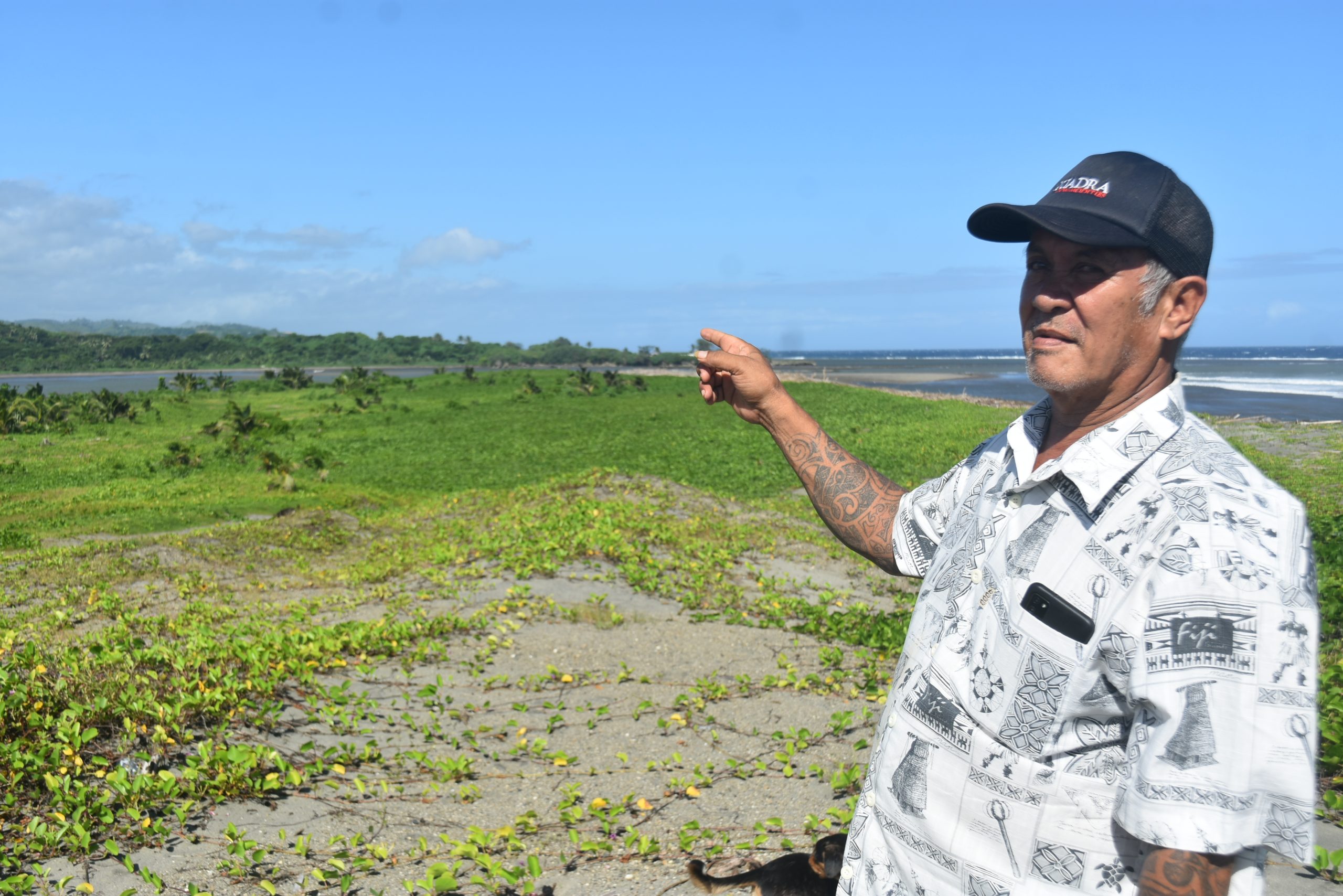
Fisherman Isoa Chong-sue said the problem brought on dredging had left mountains of sand and gravel on both sides of the river.
To get rid of them, individuals such as him were selling extracted sand and gravel to civil works companies.
That too has not gone down well with the villagers of Vunavutu, who lay claim to parts of the sand dunes.
“We oppose any extraction at the rivermouth, by any individual, local or foreign,” Vunavutu activist Lanieta Burasia said.
“We say no to that. We say no to mining.’’
As the currents and winds continue to change the landscape of the river mouth and the world-famous Sigatoka Sand Dunes, villagers said they were praying for healing in the land and protection of the people from capitalism.
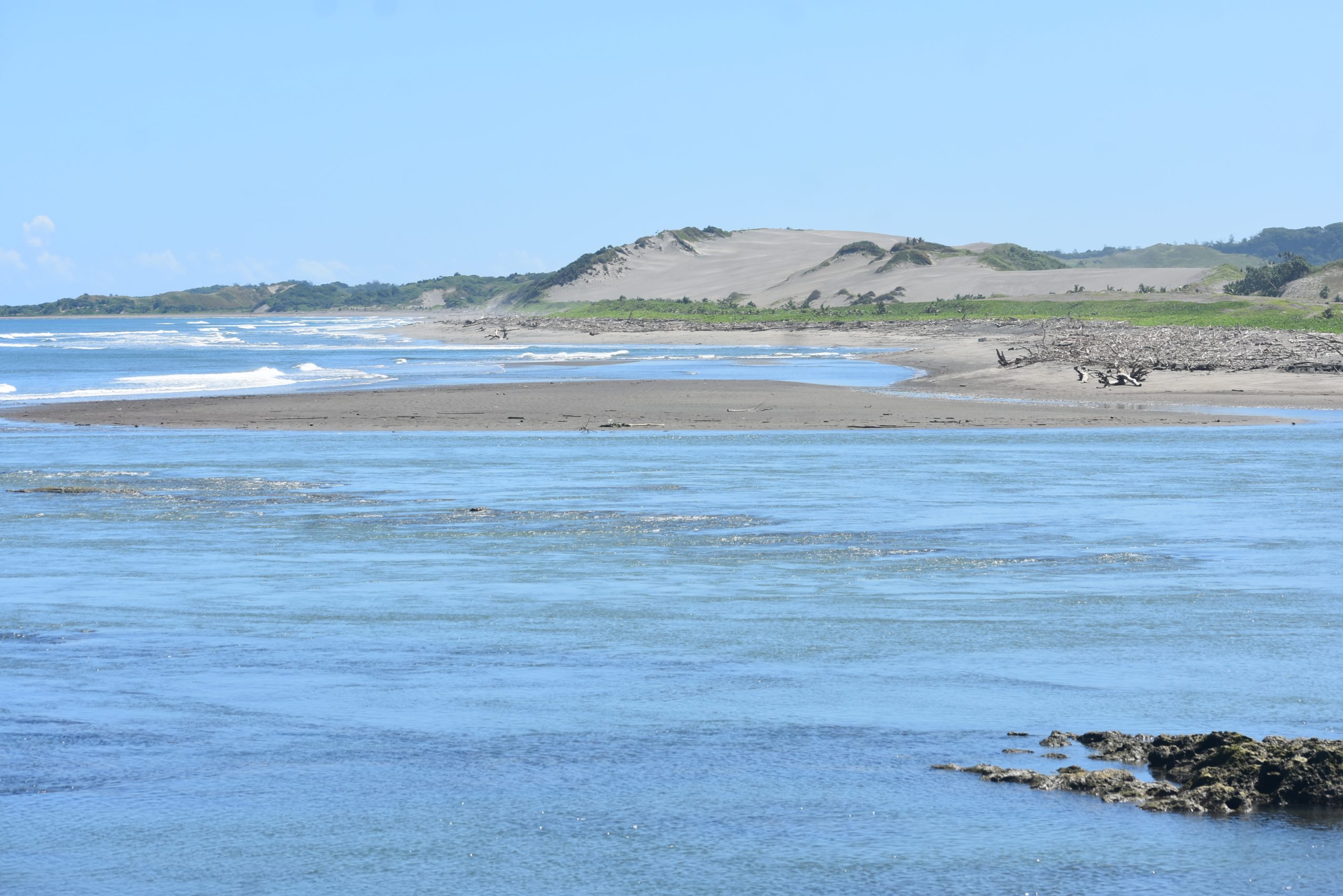
Sand swept in the currents has buried part of the reef that once existed along that coast.
Nainoca – who is married to the Na Kalevu household, said the people of Nadroga must repent of their wrongdoings and return to the basics of good Christian living that his forefathers strove hard for.
“We must continue to pray and seek divine counsel for all we hope to do.”
“To love one another, be kind, and be good stewards of the environment.
“It feeds us, and we must be kind to it in return, said Nainoca.
This is the final of the three-part series of articles by the author as part of the Earth Journalism Network (EJN) grant through the Pacific Islands News Association (PINA).






